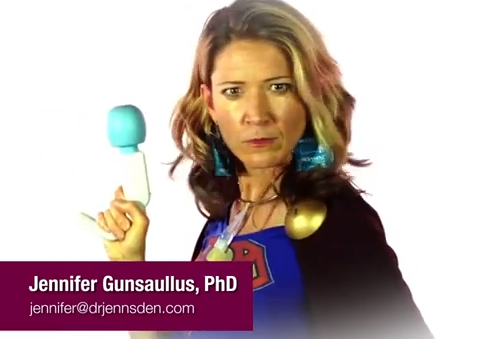Get Lusty gets real about sex with Dr. Jenn
/Get Lusty for Couples recently chatted with me about sex, gender, age, holistic sexuality, and bold communication. Listen to the audio podcast here and read some of the highlights below.
Highlights of Dr. Jenn's podcast interview
- What drew Dr. Jenn to the human sexuality aspect of sociology? A self-proclaimed "good girl" when she was in college, Dr. Jenn joined the Sexual Health Peer Educators to become comfortable with public speaking and her interests in sex, sexual health, and power dynamics in gender evolved from there.
- What are girls taught versus what are boys taught growing up, says Dr. Jenn, presents a problematic power dynamic for women as it puts women at a disadvantage with less freedom surrounding sexuality. Society fosters negative and shameful feelings about sexuality, when it should really be open and widely discussed!
- What are some of the biggest issues Dr. Jenn's seen for couples? In younger couples, technology and social media becomes a factor in harboring jealousy, while in older couples there's the issue of boredom and difference in desires between genders.
- To cover both the younger couple's and the older couple's problems, Dr. Jenn suggests creating new habits, like weekly check-ins to discuss intimacy and topics they're working on as a couple.
- What are the benefits to a holistic approach in talking about sexuality? There are many layers to human emotional logic, Dr. Jenn believes; delving into deeper aspects of a person's psyche allows you and others/your partner to better understand the beliefs and experiences that make you you.
- How do you learn to boldly talk about sexuality in an open way? Look at it as a homework assignment, Dr. Jenn says, and agree each week to bring one new thing to your sex life. This will create a structure to make it less awkward and uncomfortable to talk about sex.
Dr. Jenn Gunsaullus, San Diego, CA -- Sexologist, Sexuality Speaker, Sociologist









































